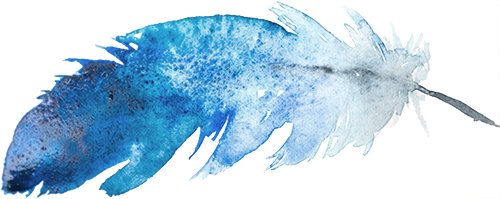
[mm-insert-title]
high summer preparation
free, easy mulching solutions for the busy gardener to replesh nutrients in their soil and protect their plants form the hot weather.

What to do… let’s chop & drop!
Herbs accumulate a lot of micro-nutrients in their leaves, especially the perennial ones with deep roots, they’re pretty sneaky and can get hidden nutrients out of even the worst soil. So if you can’t eat them all it makes sense to chop up the leaves and mulch with them, as they decompose they’ll make those nutrients accessible to your annuals. A lot of these are also great compost activators and some plants like legumes actually accumulate nitrogen from the air! I use trimmings of the River Wattle bushes we have in our food forest as it is nice and fine. Always finely chop your herb mulches so they breakdown easily and in the case of nasturtiums don’t start spouting! You can even use leafy kitchen scraps, but don’t let your chooks/worms go hungry! Add crushed eggshells for additional calcium.
Just like us plants need a balanced diet to be disease resistant and healthy. In nature leaves fall to the ground adding nutrients back to the soil, some are eaten by animals and insects, but they too add to the soil in the form of manure. How can we expect the soil to remain healthy when all we do is take and take? A diet of sugarcane mulch alone is just not enough! To avoid problems of malnutrition, spread your herb mulch throughout the garden to evenly distributing a broad specturm of nutrients.
So why waste time and money buying fertilisers and chemical additives?! You just need to follow nature’s example, chop & drop the leaves where you found them! It’s not lazy if it’s smart! Ha!
NOTE: Some herbs have negative allelopathic effects on other plants so should not be used as a mulch. These “anti-companions” release biochemicals that stunt growth, cause plants to bolt or just outright kill them dead. Why would they be so cruel? Perhaps as a defense mechanism to ward off herbivorous animals and insects, but is that really an excuse?


micro-nutrients found in some common herbs
If you know of anymore please share with us, let’s add to the list!
PERENNIAL HERBS
ANNUAL HERBS
NITROGEN FIXERS
WEEDS
EDIBLE FLOWERS








11 Comments
Lots of great micro nutrient info I had no idea about. You are very clever!
Thanks Dylan, glad you found it interesting!
I use seaweed in my compost and/or garden as well. We always bring some home from Rhode Island when we vacation. Beautiful blog and your Earth Oven……that’s been on my “to do” list for 2 years. Finger’s crossed we will get to it soon! 🙂
Thanks for your comment Staci! Our earth oven has been such a joy, one of my favourite parts of our garden. The bread and pizza from it is just so so delicious. It was actually quite easy to do, so I really recommend it. 😀 Good luck!
This is so fascinating! I’m trying to learn more about gardening since we haven’t been doing it all that long. I have to say your blog is absolutely gorgeous! The layout and images are so pretty 🙂
Thanks for stopping by my blog! I appreciate the visit!
Thanks for your comment Tammy, I’m so touched that you like my blog. I’m loving the little network of homesteaders I’ve tapped into via your blog, it’s really inspiring!
The more I learn about gardening, the more I realise there is to learn, but it’s such a fun journey!
Great information. I haven’t worked my way up to composting yet, I know I know there’s no excuse, but in the meantime this method will be perfect for me. For some, unknown reason, up until now I have always considered leaving plant offcuts around the base of plants a faux pas, new lesson learnt, thank you ^_^
Haha, so glad you liked it! I’m all for the small and simple solutions. There is nothing like a whole barrel of compost ready for the garden, but it takes SO long to mature! I much prefer chickens, worms and then leftover leaves straight on the garden with some torn up paper on top.